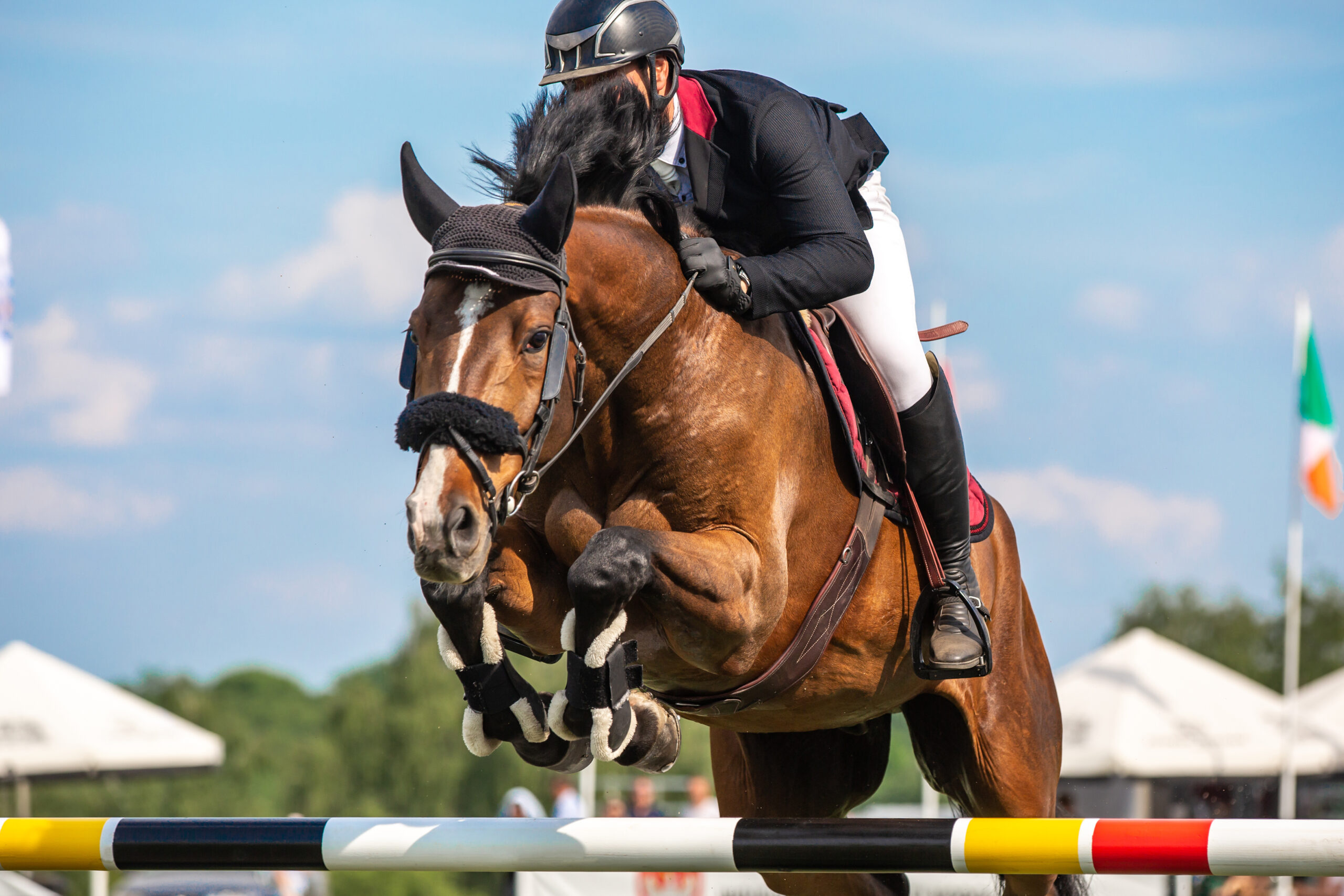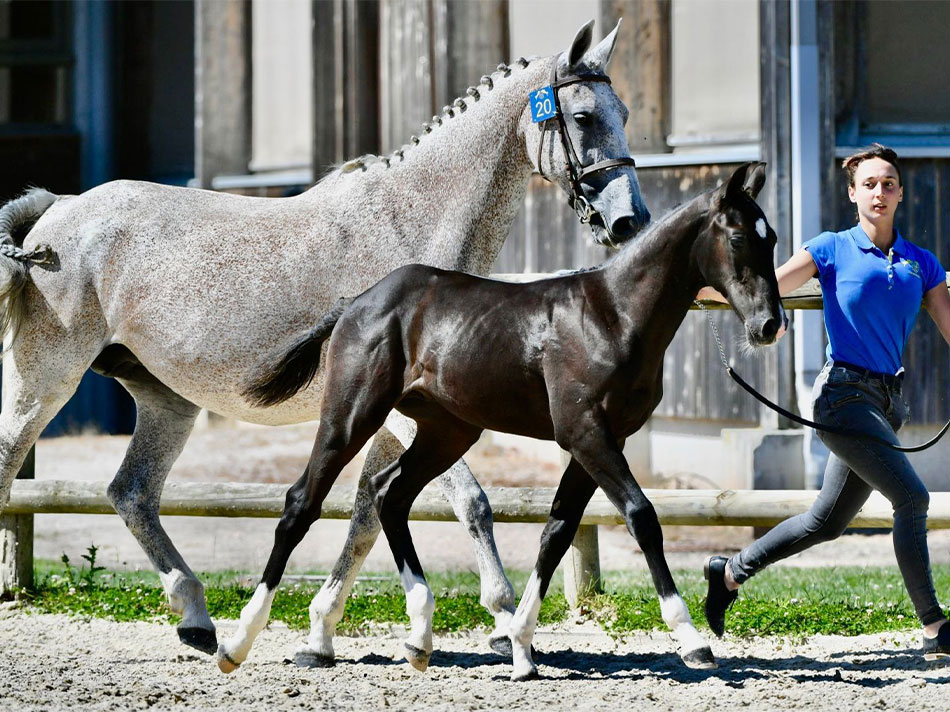- Accueil
- Buying and selling sport horses in France
Buying and selling sport horses in France
Buying and selling horses in France has undergone several major changes in the last couple of years, related to the suppression of the EU consumer guarantee as of January 1, 2022.
Indeed, for many years, buying and selling horses in France was subject to EU consumer protection law meaning that when professional sellers were subject to increasingly significant informational and transparency duties and had to provide a two-year guarantee to amateur buyers in the event in which the horse presented a lack of conformity.
Many aspects of the EU guarantee were debated before the French courts, ranging from the definition of “professional seller,” “amateur buyer” and “default” to the importance of pre-purchase exams and contractual transparency.
The removal of this EU guarantee from sales provides additional protection to professional sales and, automatically, limits post-sale consumer related litigation in France.
Since January 1, 2022, French horse sales are subject to two guarantees:
- The rural code guarantee which only applies when discovering post sale specific defaults (lameness, emphysema, uveitis etc.) and can only be applied within a maximum of 10 days following the sale.
- The civil code hidden defects guarantee which applies for a period of two years following the sale or the discovery of a hidden defect.
However, it should be noted that some countries, such as the Netherlands continue to apply the EU consumer guarantee. Therefore, for instance, a Dutch consumer buyer based in the Netherlands purchasing a horse in France from a professional equestrian may still be entitled to reinforcing the guarantee against a professional French seller.
Pre-purchase examinations are generally considered to be a strong custom in France, but they are not legally required when closing transactions. It is strongly advised to not use the seller’s vet to avoid conflict of issue.
There is no strict format for pre-purchase examinations, and they are always dependant on what is requested by the potential buyer. Sellers have a pre-contractual duty to provide the horse’s vet related history to the buyers, even when the buyer has decided to go through a pre-purchase examination.
Other due diligence activities concern checking the French Equestrian Federation database as well as social media to check whether the horse’s competition history is compliant with information provided by the seller.
Written sales agreements are strongly recommended, especially when transactions concern high-value horses and/or international sales. Sales agreements provide security to both parties by including payment terms, condition precedent, post-sale transportation, VAT issues, property transfer and even proof of payments made to intermediaries on the sale.
Intermediaries intervene on sales and are paid by commissions representing a certain per cent on the sale. Horses are often placed in yards under deposit agreements with the professional taking payment upon the final sale of the horse. French case law has also recognised that intermediaries intervening on horse transactions are also subject to pre-contractual information duties, depending on the amount of their implication in the sale.



